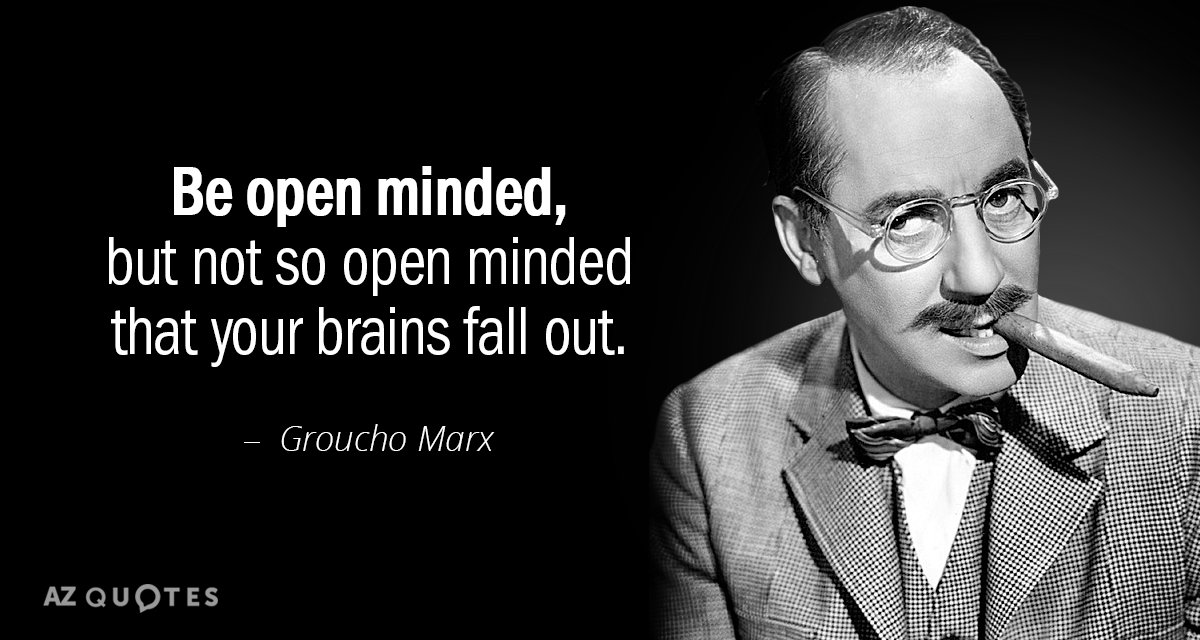

Chico, meanwhile, was running up huge gambling debts, as was often the case (while a brilliant card player, he was a notoriously bad gambler), and just as the Marxes had made "A Night in Casablanca", in 1946, to pay off his debts at that time, Harpo brought him into "Love Happy" to do the same. The back story of the film is possibly more entertaining than the movie, itself Harpo had wanted to make a solo film throughout the forties, and had tinkered on the script for several years, while soliciting financial backing for the project. But the rest of the plot, while mildly entertaining, is simply a musical variation of "Room Service", as an impoverished group of performers (headed by Paul Valentine and future star Vera-Ellen) struggle to put on a Broadway musical.
MARX BROTHERS LOVE HAPPY TV
This collection could have been done better, but Marx Brothers fans will be happy it's been done at all.Love Happy" is remembered, primarily, as the last "Official" Marx Brothers film (they would all appear in brief vignettes in "The Story of Mankind", seven years later, but not as a team), but if the film were a baseball statistic, it would have an asterik (*), because it truly isn't a showcase of the brothers, together, but a comedy starring Harpo, with Chico in a supporting role, and Groucho doing narration, and making brief appearances, occasionally (rather like the "General Electric Theater" TV episode the brothers would do, in 1959, where Harpo and Chico played crooks with hearts of gold, and Groucho would make a surprise appearance at the finale, as their lawyer).Īs a comedy, "Love Happy" is so-so, with Harpo providing some genuine laughs, particularly during an interrogation scene with villains Raymond Burr, Ilona Massey, Eric Blore, and Bruce Gordon, and in the rooftop finale, with Harpo offering the same kind of outrageous physical humor that he had demonstrated in the classic MGM comedies. Bert Kalmar and Harry Ruby's comic and romantic songs, from "Everyone Says 'I Love You'" to "Why Am I So Romantic?," are more noticeable than they are onscreen, and it is particularly evident that Animal Crackers, with its frequent choral parts, originated on-stage. And a comic dialogue section in which Groucho Marx, playing Captain Spaulding in Animal Crackers, proposes marriage to both Margaret Dumont and Margaret Irving at the same time has been titled, ungrammatically, "The Captain Between Two Womans." (It's a bit like what you might get if Chico designed the package.) But despite the typos and misspellings, the material itself is as good as ever, and the sound isn't bad for soundtrack recordings from the early '30s.

Thus, one track is called "Introducing Mario Ravelli," a reference to the character played by Chico Marx in Animal Crackers, even though that character's name, as is evident on the track, is Emanuel Ravelli. The collection leaves something to be desired, beginning with the sequencing, which puts the second film ahead of the first, then bunches five dialogue-only passages from the films at the end as so-called "bonus tracks." Also, the packaging seems to have been assembled by a non-English speaker who didn't listen very carefully to the material. This CD contains songs and dialogue from the Marx Brothers' second and fourth movies, Animal Crackers (1930 based on the brothers' 1928 Broadway musical) and Horse Feathers (1932).

MARX BROTHERS LOVE HAPPY MOVIE
As its name suggests, the Spanish label The Soundtrack Factory specializes in presenting excerpts from vintage movie soundtracks, often combining two or more on a single disc.


 0 kommentar(er)
0 kommentar(er)
